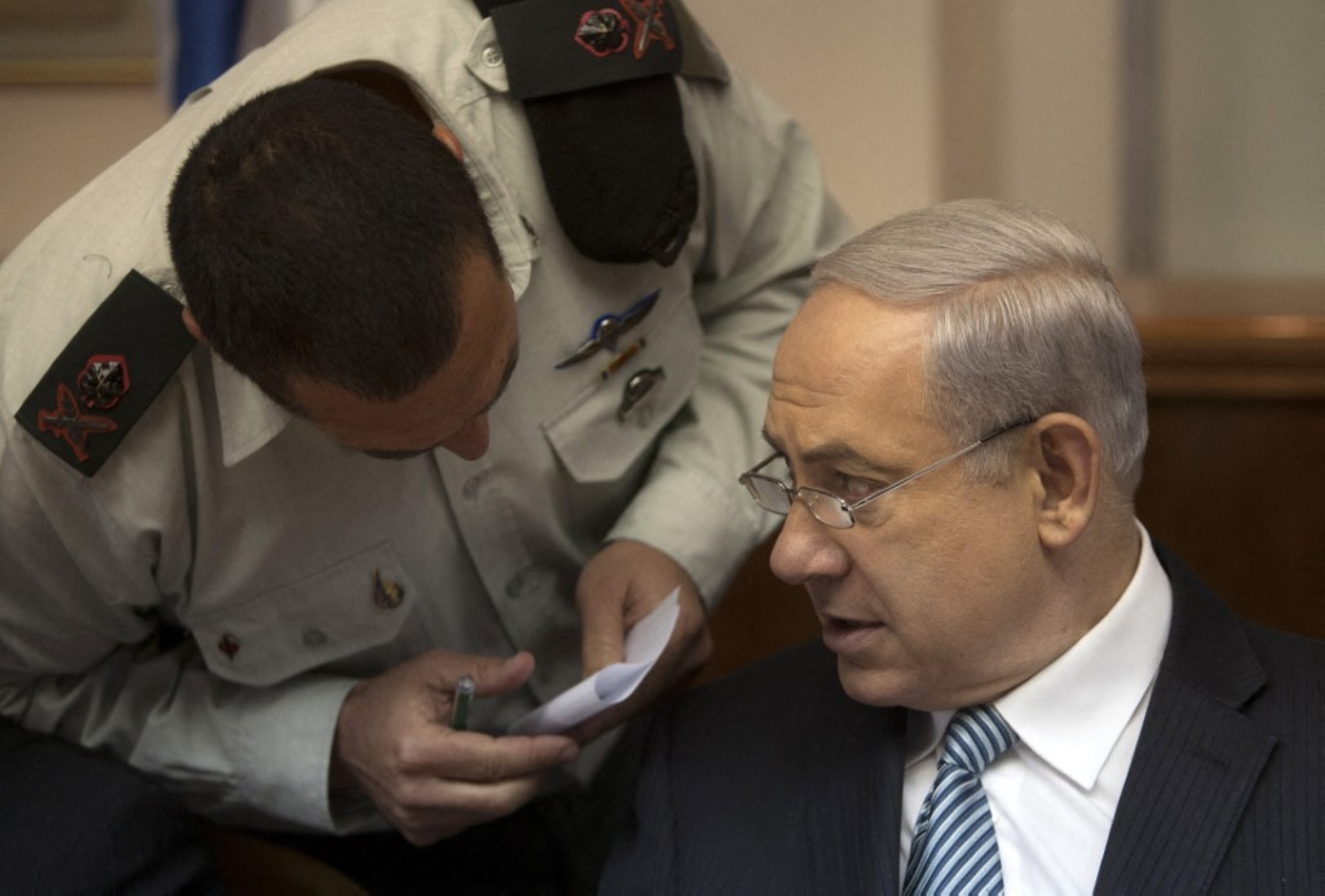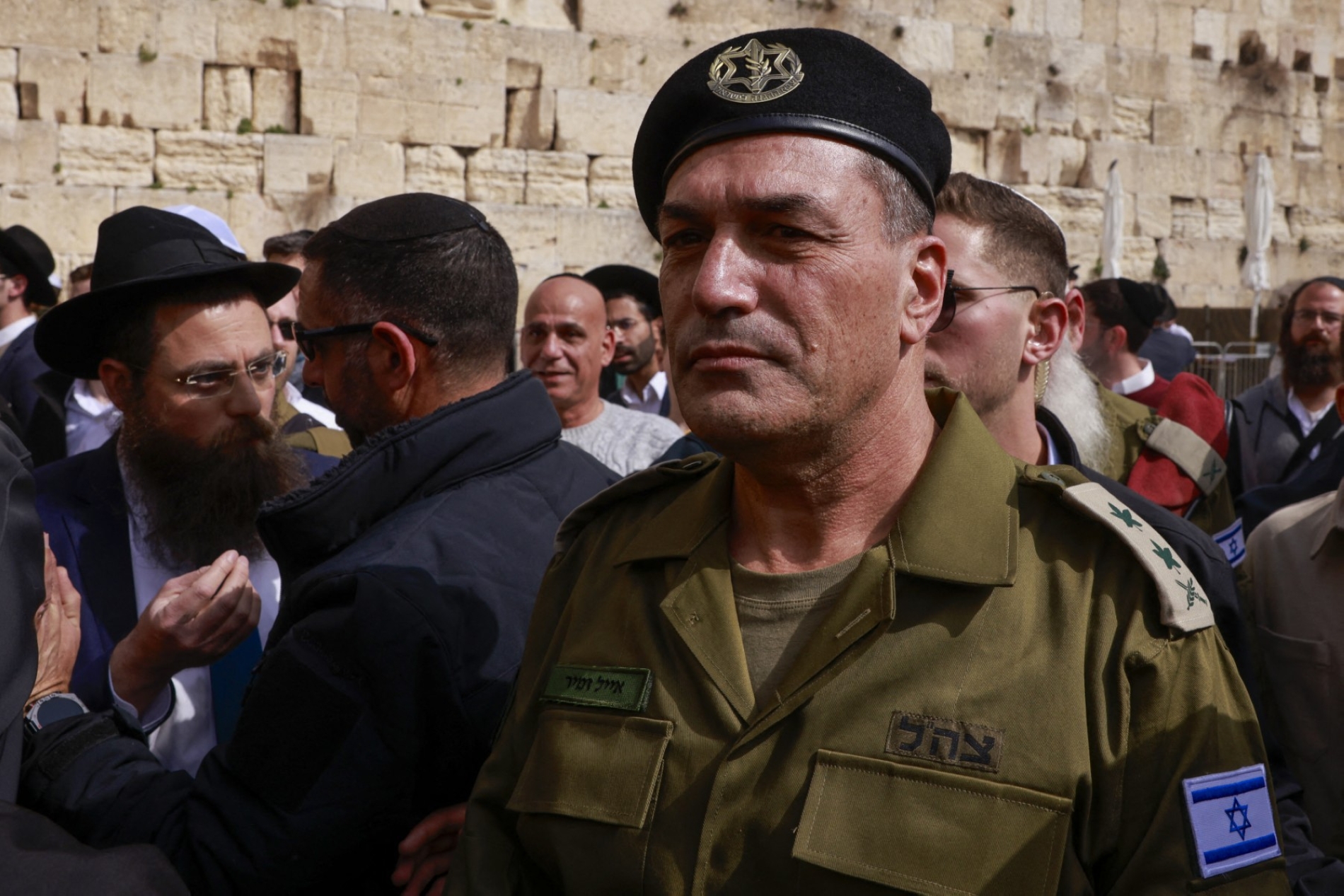Sniping, simmering debate and boil-over disagreements are no strangers to Israeli politics, as this week’s carping and hand-bagging over an Israeli parliamentary vote on West Bank annexation during US Vice President JD Vance’s visit showed.
But with all the American official visits to Israel in recent days—including US President Donald Trump, US Secretary of State Marco Rubio, US Middle East Envoy Steve Witkoff, and Trump’s son-in-law and advisor Jared Kushner—few outside Israel have noticed that the country’s army chief, Eyal Zamir, 59, is fast becoming one of Israel’s most important figures, alongside Prime Minister Benjamin Netanyahu, with whom he seems to vehemently disagree over Gaza.
Whilst all the attention has been on Trump, Netanyahu, and Hamas, the Israeli army that Zamir heads has been pursuing its war aims. Yet the army is increasingly fractured and exhausted. For months, Zamir has been at pains to end the war in Gaza, repeatedly saying that there is no military solution there.
Sniping over Gaza
Every day, domestic headlines describe Netanyahu as being ‘at war’ with his security advisers, Zamir being the most senior. Yet Netanyahu appointed Zamir, and at the time it was seen as political, since Zamir once served as Netanyahu’s military secretary. The politics of appointments now seems second-nature, however. In recent months, Netanyahu has been accused of interfering in the promotion and removal of senior staff at Israel’s domestic intelligence agency, Shin Bet, and of politicising the postings of senior army officers.
Netanyahu’s vocal son and others accuse Zamir of insubordination and disloyalty to the prime minister by opposing his plan to expand the Gaza war. Zamir was also against striking Hamas in Doha, for which Trump later forced Netanyahu to personally apologise to Qatar’s emir in a call that Trump was on (this would have left Netanyahu squirming).
Behind the scenes, Zamir has been one of the key architects of the Gaza plan. His close relationship with former and current US Central Command (CENTCOM) chiefs Michael Kurilla and Brad Cooper meant that Netanyahu was outflanked and brought to the negotiating table. It is an open secret that Netanyahu was loath to sign off on the deal, but between Trump and Zamir, they backed him into a corner. The question some now ask is: what else might Zamir get Netanyahu to do?

Continuing a tradition
It is important to understand context, including the wider role of Israeli army chiefs and the national importance of the army. Israel’s past army generals were often seen as heroes saving Israel from destruction. Some of Israel’s most popular leaders were first successful military commanders, including Moshe Dayan, Yitzhak Rabin, Ariel Sharon, and Ehud Barak.
Interestingly, however, these heroes all turned into villains when they clashed with the country's right-wing religious nationalists: the revered Dayan was held responsible when Syria and Egypt almost defeated Israel in 1973; Rabin was killed for signing a peace deal with the Palestinians; Sharon was seen as a traitor for pulling out of Gaza; and Barak was accused of handing Jerusalem to Arafat despite being the most decorated soldier in Israeli history.
In other words, there is now a well-established trend of Israeli generals going from hero to zero when they take on the settlers and right-wingers. Zamir is continuing that tradition, annoying Israel's ultra-nationalists who want endless slaughter in Gaza. Netanyahu, the flag-bearer of Israeli settlers and other extremists, got the better of Rabin, Sharon, and Barak (under whom Netanyahu served in the elite Sayeret Matkal special forces unit) and will no doubt feel able to best Zamir.












